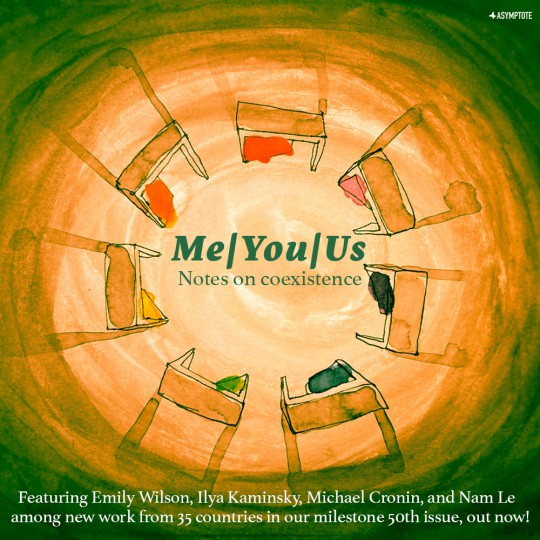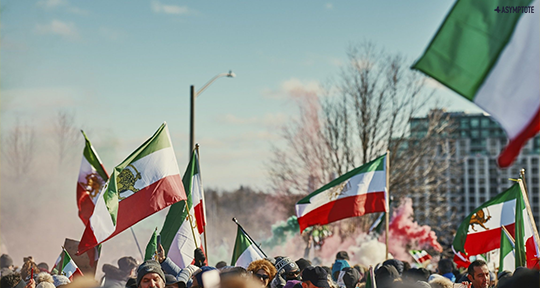New arrivals of a Sinophone Proust, a celebration of Lucknow and Urdu culture, and a new solidarity campaign to share Palestinian literature. Our editors are bringing you the latest literary news from on the ground, and there’s plenty to discover.
Xiao Yue Shan, Blog Editor, reporting for China
“Life is too short, and Proust is too long.” This snarky remark by (maybe) Anatole France has long hovered over the labours of translators worldwide, as much a challenge as it is an implicit acquiescence to just how difficult and time-consuming the text is. As multiple as his English appearances, Proust in Chinese also comes to us through a plethora of voices. There exists at present only one complete collection of À la recherche du temps perdu《追忆似水年华》in the Chinese language, published in 1989 through a concerted effort by Yilin Publishing House and a total of fifteen translators (who called themselves the “Suicidal Translators Squad”). This is the only version that has accompanied readers for over thirty years—with plenty of updates, corrections, and criticisms along the way—though the possibility of alternative editions always beckoned temptingly from the beyond; critics are always quick to note (not entirely without resentment) that in neighbouring Japan and South Korea, five or six full translations of this masterwork has been made available to the public.
Short as it may be, life presents plenty of distractions and exits for the overwhelmed translator. Luo Xinzhang exhausted himself after 50,000 characters. Xu Jun made it until halfway through the fourth volume before giving up at an impressive 230,000 characters, having expended eight hours a day for over two years (and also suffering from depression). Xu Hejin passed away. Zhou Kexi plead a lack of physical stamina, saying that he was drained by the text’s beauty. Many of them, along with readers, expressed tremendous regret that there would not be a single unified representation of Proust in the Chinese language, fluid in style, levelling up to the original, rooted in a single, persistent mind.
Then in 2020, something changed. The Dafang offshoot of CITIC Publishing Group suddenly announced the “Proust Project”, involving a plan to newly translate À la recherche du temps perdu with a single translator at the helm, based on Gallimard’s revised and annotated 1987 edition. The individual selected for the job was Kong Qian, a professor of French at Nanjing Normal University, who had been named Best New Translator at the 11th Fu Lei Translation Awards for her work on Kaouther Adimi’s Our Wealth. Kong has since been given ten years to complete the task—one that is, for any literary translator, a dream. It is the opportunity to occupy a permanent estate in world literature, a claim to a text that has embedded itself in both the literati and the public consciousness of China, even amidst the hurried days. (The book is so famous in China that directors will use it as a prop, in order to directly communicate a character’s highbrow tastes or worldly intellect.) READ MORE…








